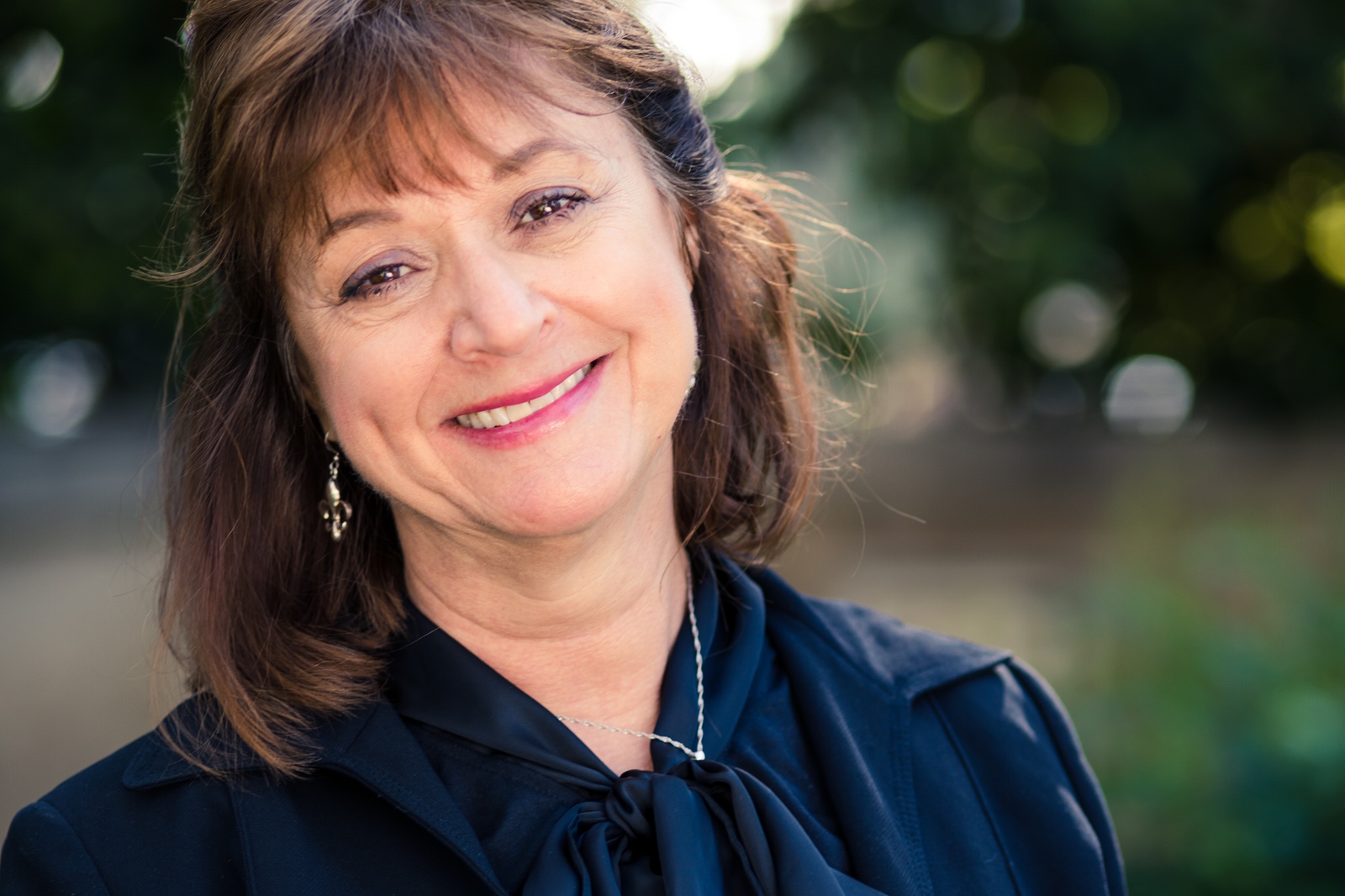Dr. Mimi Haddad
Guest Post
First, a word from April.
#metoo and #churchtoo are everywhere in the news these days. The stories must keep coming to light. As Nancy Beach shared her The Global Fringe episode this week, we must use our voices to end the abuse against women. This article and the research Dr. Haddad sites are a helpful step in the right direction.
If you are experiencing abuse on any level, please reach out and ask for help. You are worth it and we need you.
What the research says about why some men harass while others don’t. And what churches can do about it.
In his Washington Post article, “What makes some men sexual harassers?: Scientists are trying to explain the creeps of the world,” Illinois State University psychologist John Pryor offers insight into why some men harass while others do not. His research, which has since been developed into the “Likelihood to Sexually Harass” scale—now a cornerstone tool for researchers—identifies four key characteristics common among harassers:
-
A tendency toward power, dominance, and authoritarianism
-
A lack of empathy
-
An environment that fosters impunity
-
A belief in traditional gender sex roles
For those who have been hearing women’s stories for decades, these come as no surprise. Prepare/Enrich, the most prominent premarital inventory in the world, has over four million data points on marital satisfaction and abuse. Their data has shown that partner dominance is a key indicator for physical and sexual abuse.
We also know that people in power are likely to perceive sexual signals from subordinates, even where none exist. In the words of Jonathan Kunstman of Miami University of Ohio, “Power creates this perfect mental storm for misconduct.”
Those in power are also more self-focused, more inclined to objectify others while lacking an awareness or concern for how their actions impact others. In short, they lack empathy. And, they often operate in environments where they can get away with abuse. Without the fear of justice, perpetrators believe they are untouchable, removing one more obstacle to predatory behavior. Communities who do not require training, certification, and accountability of leaders unwittinglycollude with predators.
Traditional gender roles (men lead, protect, and provide; women submit and nurture) give men positions of power and authority by virtue of their gender. These roles enshrine male dominance as God’s will. Even when men do not use this power to hurt others (many don’t), the system still defines male-female identity by a hierarchy of power. Can this be the will of the God who created male and female in his image and commanded them both to fill and subdue the earth (Gen. 1:27–28)?
How can we address these problems?
Power, dominance, authoritarianism. In all four gospels, Jesus taught his disciples that “the greatest among you should be like the youngest, and the one who rules like the one who serves” (Luke 22:26). We hear a lot about servant leadership, but too often “servant leaders” live like royalty or wield enormous, unchallenged influence over their community. Yet, the Bible depicts leadership as service, not celebrity.
Lack of empathy. As churches push back on power and dominance, they create space for empathy. What else can build empathy? Churches can discuss porn and its impact from the pulpit, during premarital counseling, in adult education, and in seminaries. Why? Because porn enforces, often violently, gender roles of male dominance and female submission. Porn feeds and glorifies the abuse of women while silencing victims and protecting perpetrators. It also dulls empathy by fueling an erotic association between abuse and sex.
Impunity. Prominent survivor Rachael Denhollander calls for church leaders to “apply the same level of intellectual honesty and scrutiny that we apply to groups outside our own community.” Pastors and leaders need better education and certification on abuse, beginning in seminary. Churches need training on how to screen for potential predators and build accountable leadership teams that report all abuse to authorities. And, we can add women to leadership teams, which reduces unethical practices.
Gender roles. Humanitarian organizations recognize that gender equality (not gender roles) advances education and economic growth while helping end abuse, illiteracy, disease, and corruption. Where women are on leadership teams, workplaces are more productive and ethical. Marriages where authority is shared are happier and less abusive, with healthier children who flourish through adulthood. What is more, gender equality is a biblical ideal, as egalitarian scholarship has shown for years!
For far too long, we have allowed gender to eclipse the moral qualities required of leaders. Scripture teaches that leaders should demonstrate the fruit of the Spirit, which is not gender-bound (Gal. 5:22–26). The church has elevated masculinity, power, and celebrity above character. In doing so, we have unwittingly colluded with predators and have failed to hold leaders accountable. The time for change is now.
This article is adapted from Dr. Haddad’s presentation at the 2018 convention of the Evangelical Press Association, April 2018, Orlando, FL.

